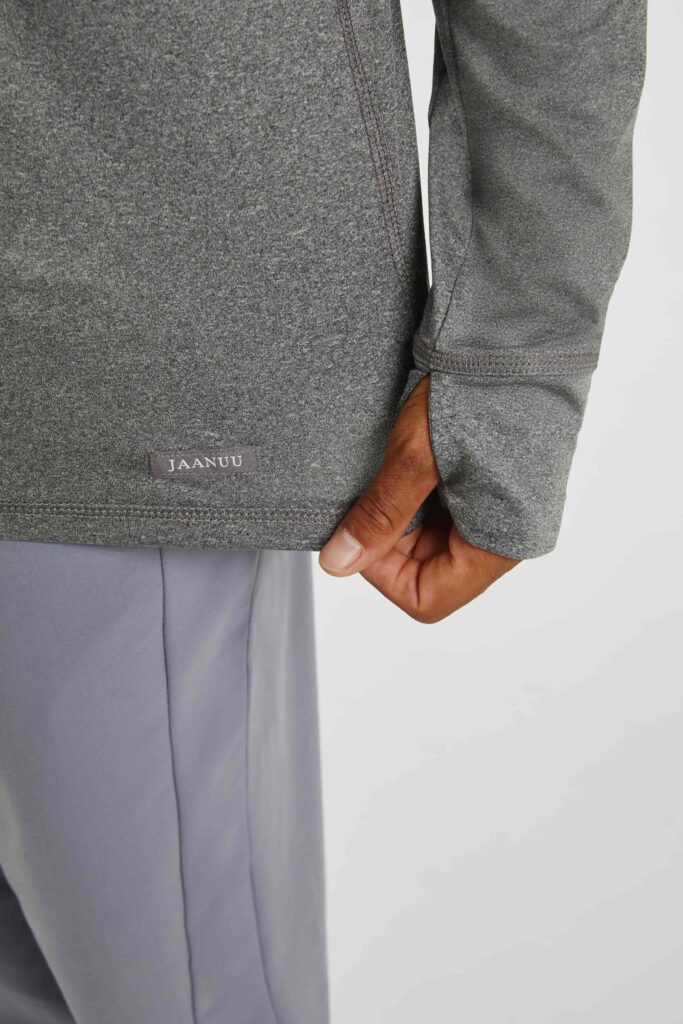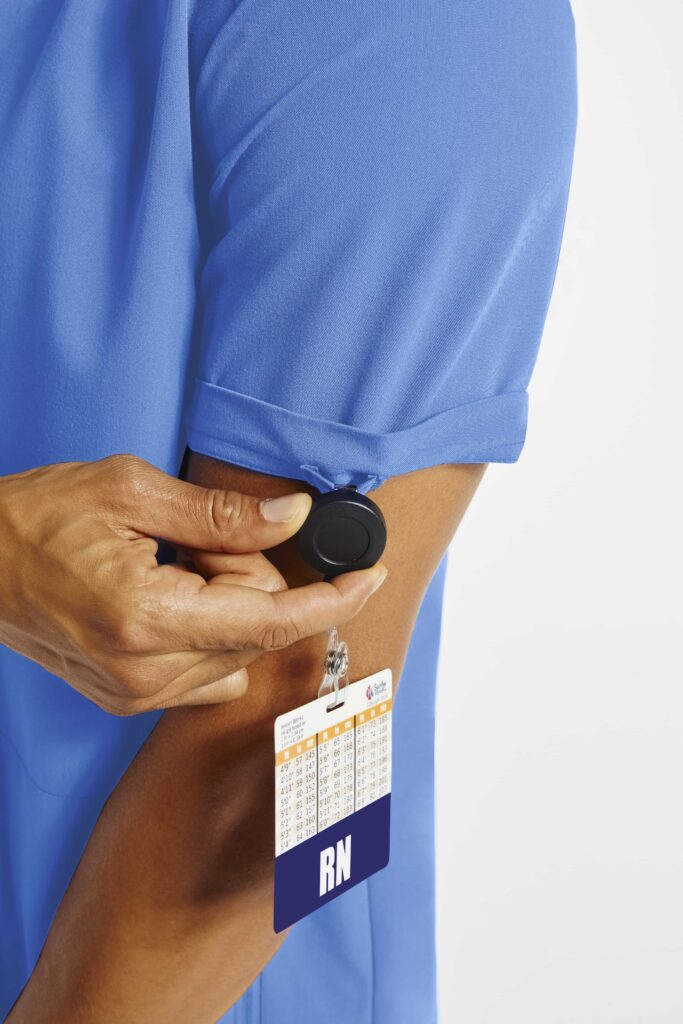
The History of Male Nurses in the Profession
Perhaps you’ve googled “can men be nurses?” Or maybe you’ve wondered whether women have always been eligible to become doctors. If you’ve ever had questions like these, it’s because of gender stereotypes and limits society has held over time.
Let’s talk about the stereotype that nursing is a “woman’s role.” The majority of current nurses do, in fact, identify as women. Historically, at least starting with the times of Florence Nightingale and moving into those of the World Wars, female nurses primarily held roles in the field. Plus, the idea that nursing is a woman’s profession has filtered into our collective conscience via the media. The “Grey’s Anatomy” fandom page lists 66 nurses from the show, of whom only a handful were male characters.
But it’s always good to challenge stereotypes, especially limiting ones. Medical professionals are responsible for protecting patients’ rights and, as such, understand gender diversity and promote inclusive treatment. And, if anyone is planning to challenge the gender conceptions associated with nursing, it should be nurses, right? Yes, absolutely! Let’s delve a bit deeper into statistics on male nurses and why it’s great for anyone—regardless of their gender identity–-to consider a career in nursing.
Male nurse statistics
It’s a fact: There aren’t nearly as many nurses who identify as men in the nursing profession as there are nurses who identify as women. Estimates suggest that around 14% of nurses identify as male (at the time of writing). But this statistic on the male nurse percentage is just a number. While men may represent a smaller percentage of nurses, they make just as much of an impact as anyone else. It’s not someone’s gender that makes them a great nurse. It’s their dedication to providing excellent patient care.
Another statistic may catch your attention as you research the role of men in nursing: a male nurse’s salary. This American Journal of Nursing study surveyed approximately 300,000 nurses and found that registered nurses (RNs) who identify as male earn about $10,000 more per year than their female counterparts.
The importance of diversity in the nursing field

Patients enter any medical setting with the ultimate goal of receiving excellent treatment and care—or in short—feel better. And empathy is a critical concern for any professional wanting to provide top-notch patient care. Patients may feel more “seen” when they work with a medical staff member who represents them demographically. That’s why nursing care settings should represent all kinds of diversity, including gender diversity, which can further target and break the stereotype of male nurses.
If you’re thinking about becoming a nurse, go for it. You’re not a statistic. You’re a pro at what you do, and you’re about to be a healthcare hero to a patient in need. And you may have the unique experience of bonding with a patient with a similar background or outlook.
Benefits of being a nurse
Yes, it’s a noble career path. Yes, you get to interact with many patients on a daily basis. And yes, you’re determined to excel at your job. But that’s not all. The nursing profession comes with a wealth of benefits and perks. Here are five reasons why you should choose to be a nurse (regardless of your gender):
- The industry is stable: According to the U.S. Bureau of Labor Statistics (BLS), growth in the count of nursing roles is at 9%. This translates to the fact that the job outlook is bright. After all, there’ll always be patients in need of care and the nursing workforce will always be on the job to provide this care.
- There’s an opportunity for growth: You may start with a Bachelor of Science in Nursing (BSN) and your RN license, but you can potentially end your career as a doctor of nursing practice (DNP). There are countless other ways to advance your nursing career, like earning a specialization certification or becoming an advanced practice registered nurse (APRN).
- The salary is great: On average, RNs earn around $75,000 annually for full-time roles, and advanced practice nurses, like nurse practitioners, take home salaries in the six-figure range. Nurse anesthetists—some of the highest-paid professionals in the field—earn around $200,000.
- The role is flexible: If you like working nights, your local hospital surely has a shift for you. And, if you prefer a nine-to-five, you can seek a role at a private practice. Even if you like a part-time shift, you’ll never run out of opportunities. The high demand for nurses has created jobs for every kind of schedule. Nursing roles are also flexible when it comes to location. As a travel nurse, you can receive assignments at understaffed hospitals all around the country and the globe.
- You never stop learning: Your education doesn’t stop when you graduate from nursing school. In a nursing role, you’ll always be learning. You’ve to stay up to date with new research in the field and the latest advancements in technology and work to improve your soft skills, like active listening. You can subscribe to a nursing magazine or take a continuing education class to bolster your knowledge.
Should I become a nurse?

The real questions for anyone considering becoming a nurse are, “Am I cut out for this role” or “Will I like it?”
There are more than 100 nursing specialties, and every work environment has its nuances, so there are no clear-cut answers to the questions above, but you can generally consider yourself a good fit for nursing if you:
- Are compassionate
- Don’t mind long hours or being on your feet
- Are hardworking
- Like working in a team
- Are fascinated by science and medicine
- Have good communication skills
- Are patient
The take-home point
If you’re a man considering a career path in nursing and you’ve heard negative or demeaning stereotypes, toss them out. Don’t let these stop you. It’s your time to shine. The field isn’t about upholding gender roles or stigmas; it’s about upholding excellent standards of care.
Remember that you’re unique, and your future patients will benefit from your empathy, insights, and care. Your top concern should be whether you love the work and feel comfortable in it.
Speaking of comfort, we can help with that. At Jaanuu, we offer comfortable medical scrubs for men that’ll keep you cool, dry, and protected from pathogens—whatever your shift as a healthcare professional brings.